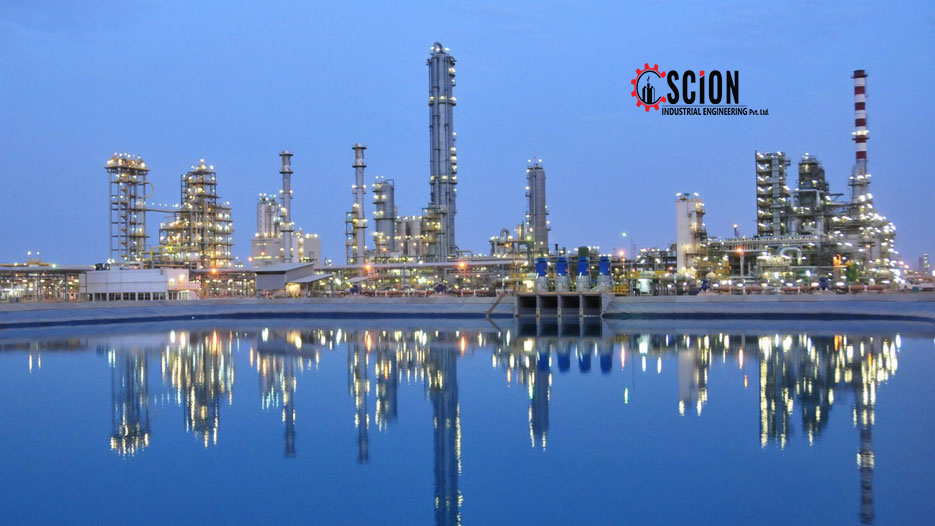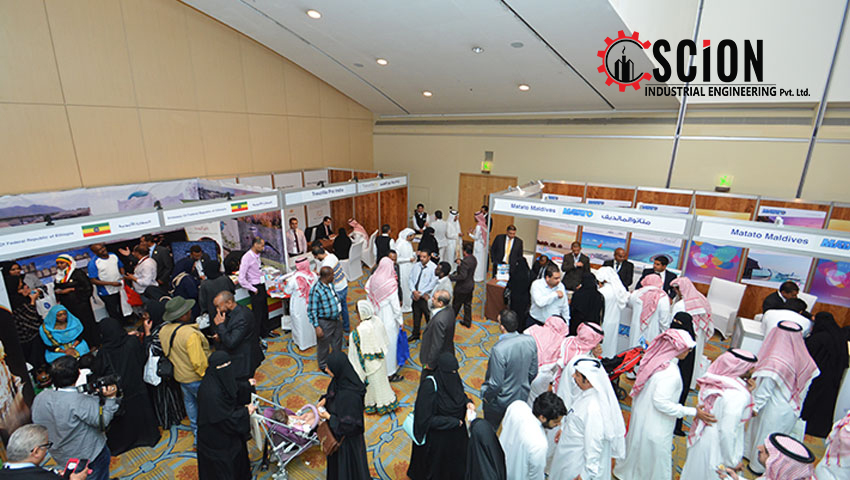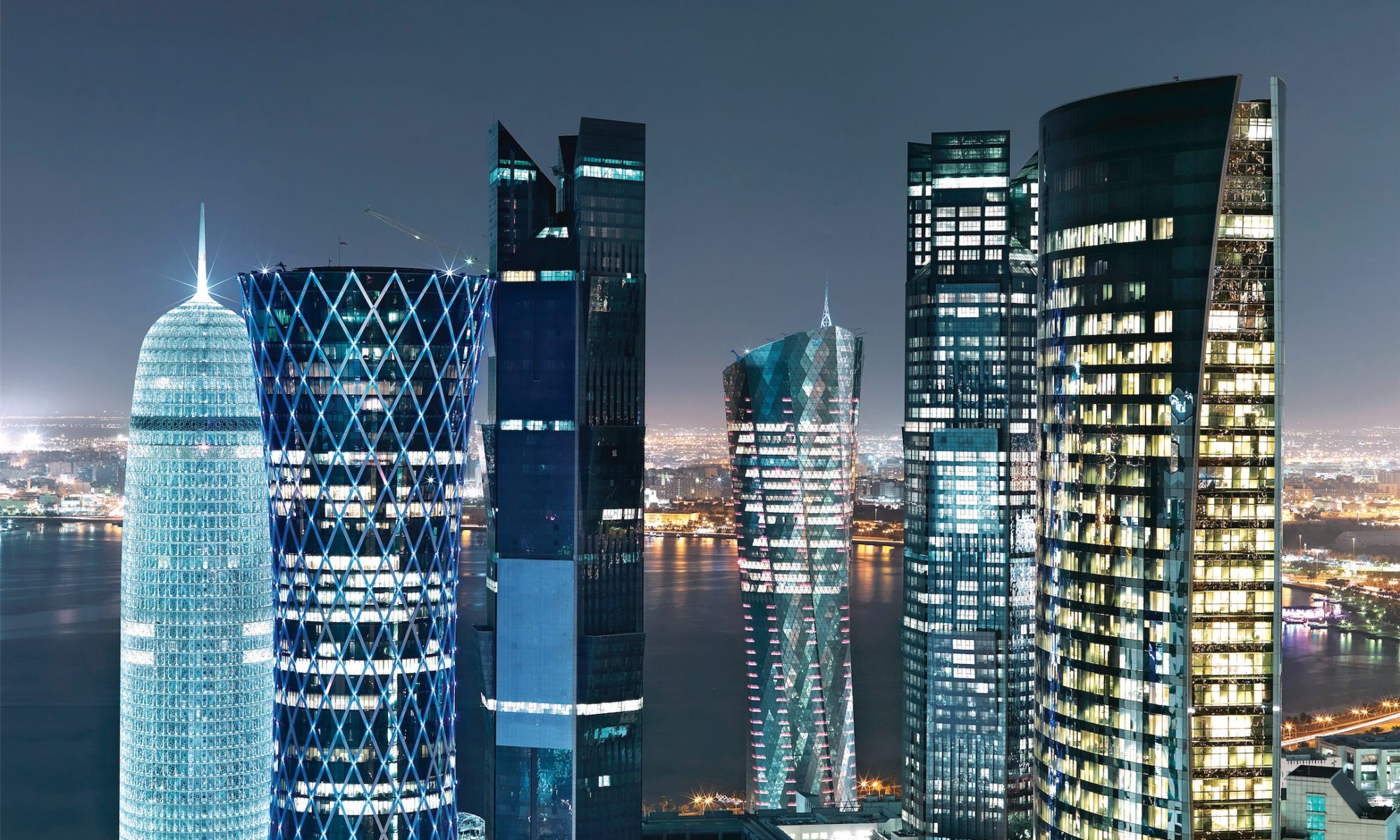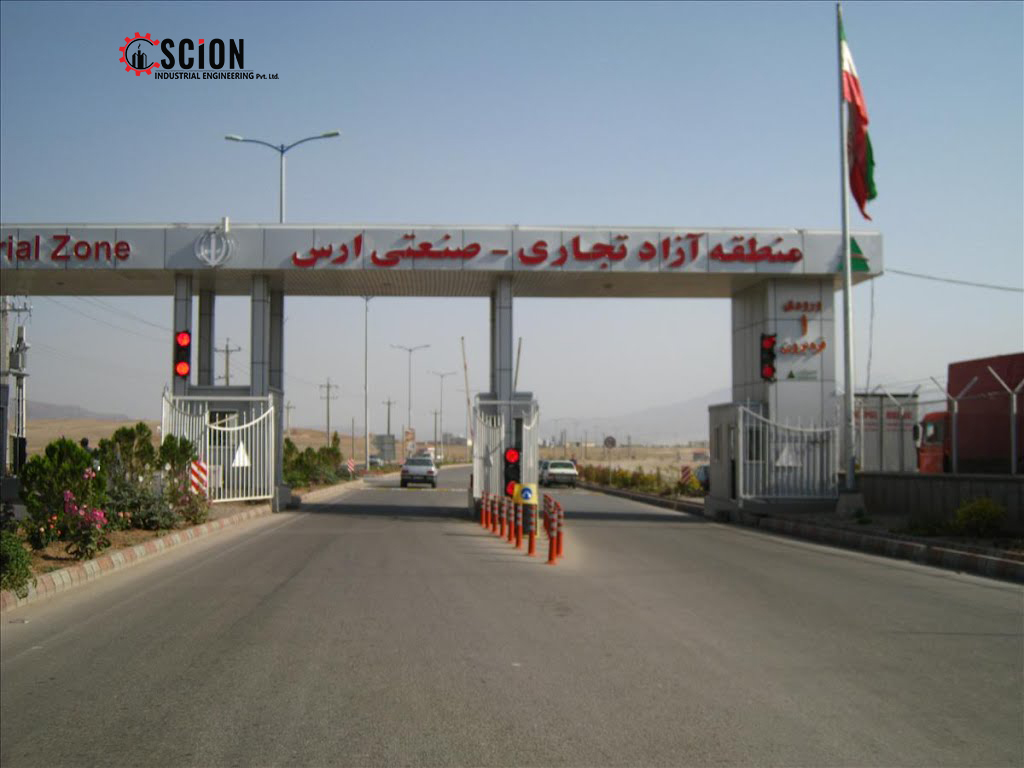The UAE and Saudi Arabia are well positioned for the Fourth Industrial Revolution, according to American global management consulting firm A T Kearney.
The UAE has the opportunity to take advantage of emerging technologies and changes in production, as it ranks in the top quartile of countries performing well in the areas of technology and innovation, human capital and trade, said the report.
Saudi Arabia has also ranked highly and has huge opportunity along with the plans underway to meet Saudi Vision 2030, according to the new Readiness for the Future of Production Report produced by World Economic Forum, in collaboration with global management consultants, A T Kearney.
The report, which measures how well-positioned 100 countries and economies, across all geographies and stages of development, are to benefit from the changing nature of production. It reveals that only 25 countries are strongly positioned to benefit, as production systems stand on the brink of exponential change.
The UAE, which aims to increase its manufacturing share of gross domestic product (GDP) to 25 per cent by 2025, along with Saudi Arabia, are flagged as ‘high-potential’ countries and are positioned to leapfrog in the emerging production paradigm. These countries have a relatively small current production base, but have the resources and potentially the right combination of other capabilities to capitalise on opportunities.
Johan Aurik, managing partner and chairman of A T Kearney, said: “In a changing production landscape, each country will need to differentiate itself, capitalise on competitive advantages and make wise trade-offs in forming its own unique strategy for the future of production.”
“Given the speed and scale of changes occurring in the environment, the new diagnostic and benchmarking tool can help raise awareness and sharpen a country’s response,” he said.
As the Fourth Industrial Revolution gathers momentum, the report highlights how decision-makers from the public and private sectors are confronted with a new set of uncertainties regarding the future of production.
Rapidly emerging technologies—such as the Internet of Things (IoT), artificial intelligence, wearables, robotics and additive manufacturing—are spurring the development of new production techniques, business models, and value chains that will fundamentally transform global production.
Mauricio Zuazua, partner, A T Kearney, said: “This is just one aspect of a vastly shifting landscape. It is imperative that government and business leaders take a fresh look at how their countries and corporations will contribute to the world’s fast-changing value networks to capitalize on future production opportunities, mitigate risks and challenges, and be resilient and agile in responding to unknown future shocks.”
This report is a key contribution to the World Economic Forum’s initiative on Shaping the Future of Production. The initiative brings together global leaders and decision-makers in seeking to address how the transformation of production systems, from R&D to the consumer, can drive innovation, sustainability and employment, to benefit all people, it stated.
Source:http://www.manufacturingtrade.com/news-detail:9117ad87-516c-5b06-a8ff-5a6f219c0c9c.html




